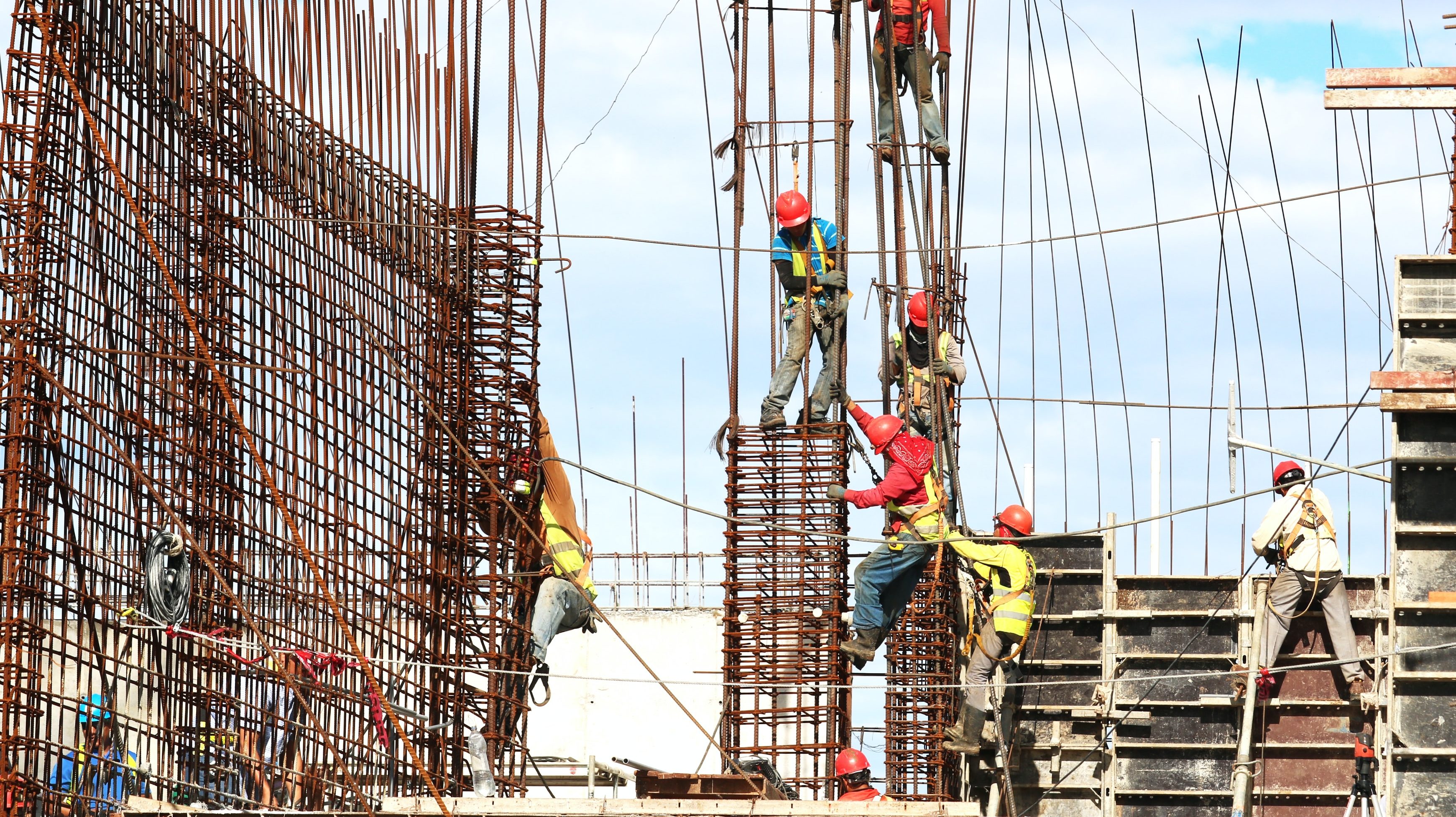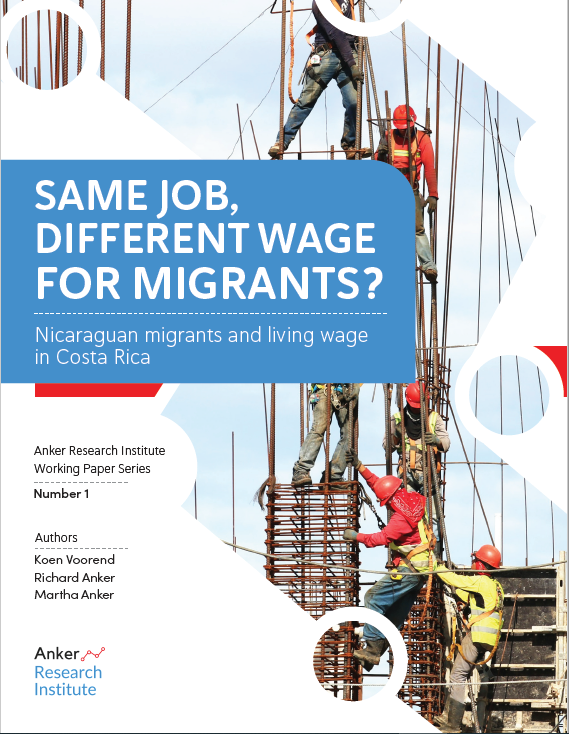SAI is the institutional host for the Anker Living Wage and Living Income Research Institute.
Case of Nicaragua Migrants in Costa Rica
Anker Research Institute study shows that the wage needed to support Nicaraguan migrant workers and their families left behind in Nicaragua at a decent standard of living is similar to the wage needed by local Costa Rican workers.
One key consideration when measuring living wages is the fact that living costs can vary widely depending on where someone lives. The Anker Methodology for estimating living wages and living incomes has helped move the conversation on living wages forward by estimating location-specific living wage benchmarks for different cities, regions, and countries. But what is the appropriate living wage for someone who migrates from a very low-cost region or country to work in a much higher-cost area and sends part of their earnings back home?
In many places in the world, migrants are paid less than locals for equivalent work. Employers often feel that it is acceptable to violate the fundamental principle of equal pay for equal work for migrants because of the lower living costs in their home region or country.

New research from the Anker Research Institute debunks this theory, showing that the appropriate living wage is similar for migrant and local workers in the case of Nicaraguan migrants to Costa Rica (where living costs are 2.5 times higher). The authors of this report (Koen Voorend, Richard Anker and Martha Anker) find several reasons for this unexpected result. For one, migrants incur costs that are unique to being a migrant worker, such as fees and costs for travel, remittances, and communications. Migrants also have to pay for housing in two locations. In addition, the migrant’s spouse or partner left behind in Nicaragua has a much more limited earning capacity to support the family financially compared to a local Costa Rica resident’s spouse or partner.
This report’s findings reinforce with empirical evidence the need to respect the bedrock principle of equal pay for work of equal value.
Response from GLWC Members
“This analysis is important, because it helps to counter discrimination of migrant workers by strengthening the argument that their origins should have no bearing on their wages. Fairtrade will apply these findings in promoting Living Wages for workers around the world.”
Wilbert Flinterman, Senior Advisor for Workers’ Rights and Trade Union Relations at Fairtrade International
“The argument that migrant workers do not need as much payment as local workers is still one we hear frequently. This research is an important step toward countering that way of thinking. It gives us more concrete evidence that the principle of equality for all workers, including migrants, that we already require in our standard is the right approach and helps us justify that approach against challenges.”
Rochelle Zaid, Senior Director of Standards & Impacts at Social Accountability International
Introducing the Anker Research Institute Working Papers series

This study on living wages and living costs for Nicaraguan migrant workers in Costs Rica marks the launch of the Anker Research Institute’s new Working Paper Series, which will investigate issues related to achieving a decent standard of living for all working people and their families worldwide.
The Global Living Wage Coalition and Anker Research Institute have worked for years to build a research base to help increase wages and incomes towards living wages and living incomes worldwide and to enable deeper conversation around living wages and incomes, poverty, livelihoods, and a decent standard of living for all. This first working paper was made possible by the existence of locally specific, but internationally comparable Anker living wage studies for rural Nicaragua and rural Costa Rica.
With over 40 Living Wage and Income Benchmark studies and 25 Reference Value studies completed, the Anker Research Institute will continue to produce working papers, based in part on this rich and growing library of information, to explore topics like pay equity, migrant wages, gender pay gaps, poverty, and many other issues.
(This story originally published on the Global Living Wage Coalition website).
